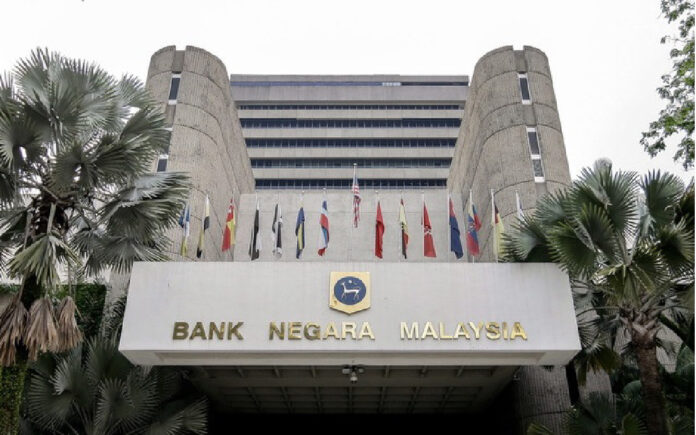KUALA LUMPUR, Nov 17 — The Malaysian economy expanded by 3.3 per cent in the third quarter of 2023 (3Q 2023) from 2.9 per cent in 2Q 2023, supported by resilient domestic demand, Bank Negara Malaysia (BNM) said.
BNM Governor, Datuk Abdul Rasheed Ghaffour said household spending remained supported by continued growth in employment and wages, while investment activity was underpinned by the progress of multi-year projects and capacity expansion by firms.
“Exports remained soft amid prolonged weakness in external demand. This, however, was partially offset by the recovery in inbound tourism.
“On the supply side, the services, construction and agriculture sectors remained supportive of growth,” he said during the 3Q gross domestic product (GDP) announcement here today
However, Abdul Rasheed noted that this was partly offset by the decline in production in the manufacturing sector, given the weakness in demand for electrical and electronic (E&E) products and lower production of refined petroleum products.
On a quarter-on-quarter seasonally adjusted basis, he said the economy grew by 2.6 per cent (2Q 2023: 1.5 per cent), while overall, the Malaysian economy expanded by 3.9 per cent in the first three quarters of 2023.
Inflation
Meanwhile, Abdul Rasheed said headline inflation continued to moderate to 2.0 per cent (2Q 2023: 2.8 per cent) during the quarter.
“The moderation was recorded in both non-core inflation and core inflation. For non-core inflation, fresh food and fuel contributed to the decline,” he said.
He added that core inflation declined further to 2.5 per cent (2Q 2023: 3.4 per cent) but remained above its long-term average (2011-2019 average: 2.0 per cent).
“The moderation in core inflation was largely contributed by selected services, including food away from home, expenditure in restaurants and cafés, and personal transport repair and maintenance,” he said.
He said that inflation pervasiveness declined as the share of Consumer Price Index (CPI) items recording monthly price increases moderated to 40.8 per cent during the quarter (2Q 2023: 42.7 per cent), below the third quarter long-term (2011-2019) average of 44.5 per cent.
Outlook
Going forward, Abdul Rasheed said growth will remain resilient despite external headwinds on account of firm domestic demand.
“Despite the challenging global environment, the Malaysian economy is projected to expand by around 4.0 per cent in 2023 and 4.0– 5.0 per cent in 2024, driven by the expansion in domestic demand amid steady employment and income prospects, particularly in domestic-oriented sectors.
“This growth performance, along with other favourable economic developments, would provide support to the ringgit,” he said.
Additionally, he said improvements in tourist arrivals and spending are expected to continue, while investments will be supported by further progress of multi-year infrastructure projects and the implementation of catalytic initiatives.
“Measures under Budget 2024 will also provide additional impetus to economic activity.
“Nonetheless, the growth outlook remains subject to downside risks stemming primarily from weaker-than-expected external demand as well as larger and more protracted declines in commodity production,” he said.
However, Abdul Rasheed said there are upside risk factors such as stronger-than-expected tourism activity, a stronger recovery from the E&E downcycle, and faster implementation of existing and new investment projects.
He added that both headline and core inflation have been declining throughout the year, mainly due to milder cost conditions, and this would likely continue for the remainder of 2023.
“Overall, headline inflation is expected to average between 2.5 and 3.0 per cent in 2023. Going forward, risks to the inflation outlook remain highly subject to changes to domestic policy on subsidies and price controls, as well as global commodity prices and financial market developments,” he said.
















